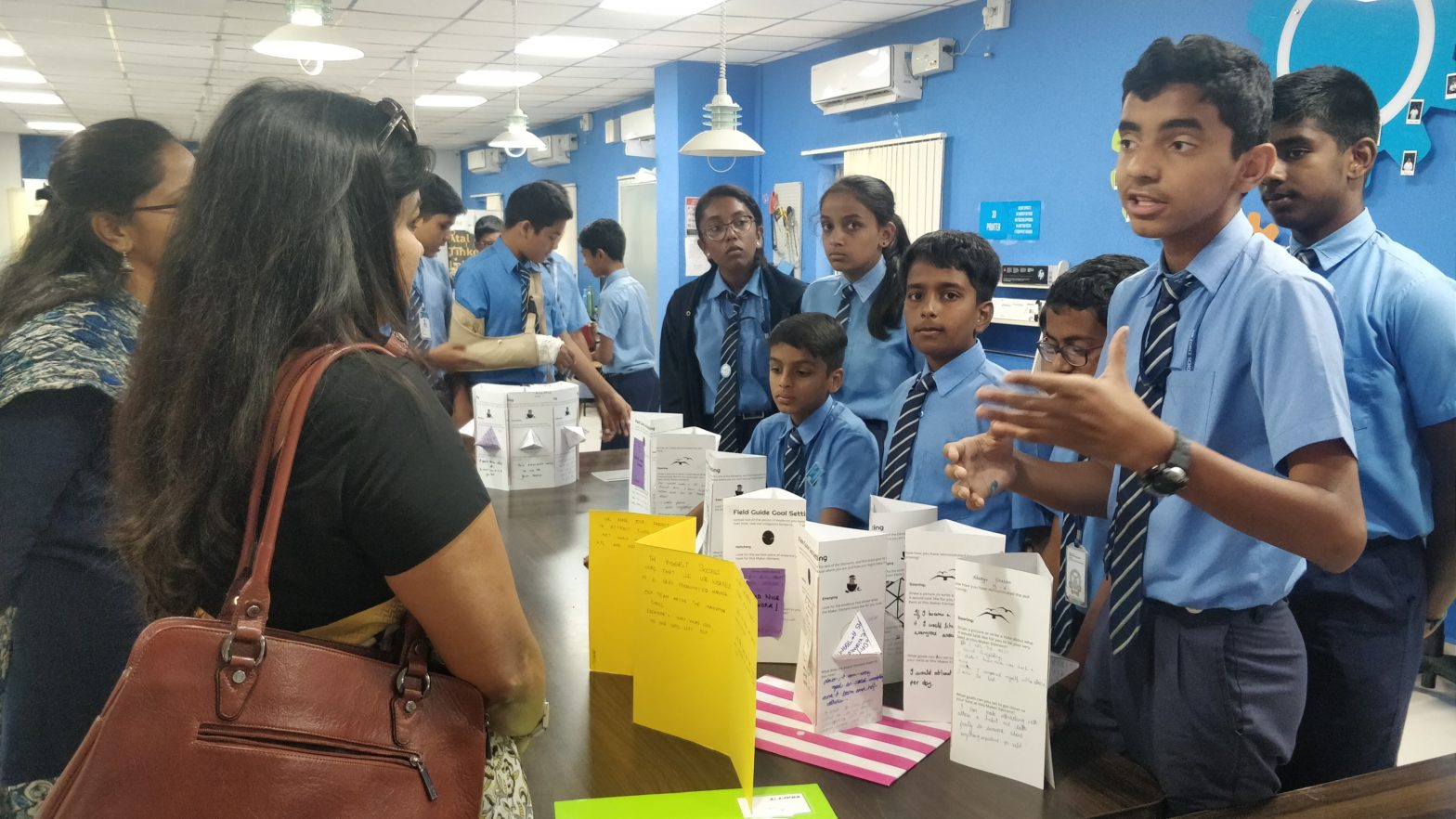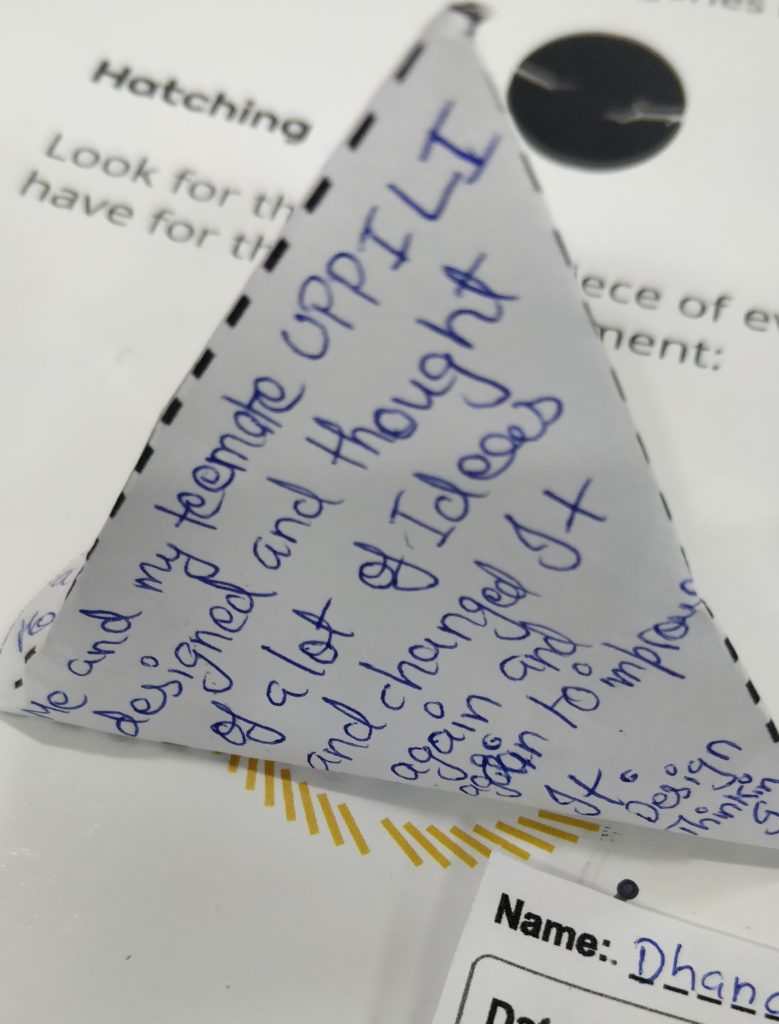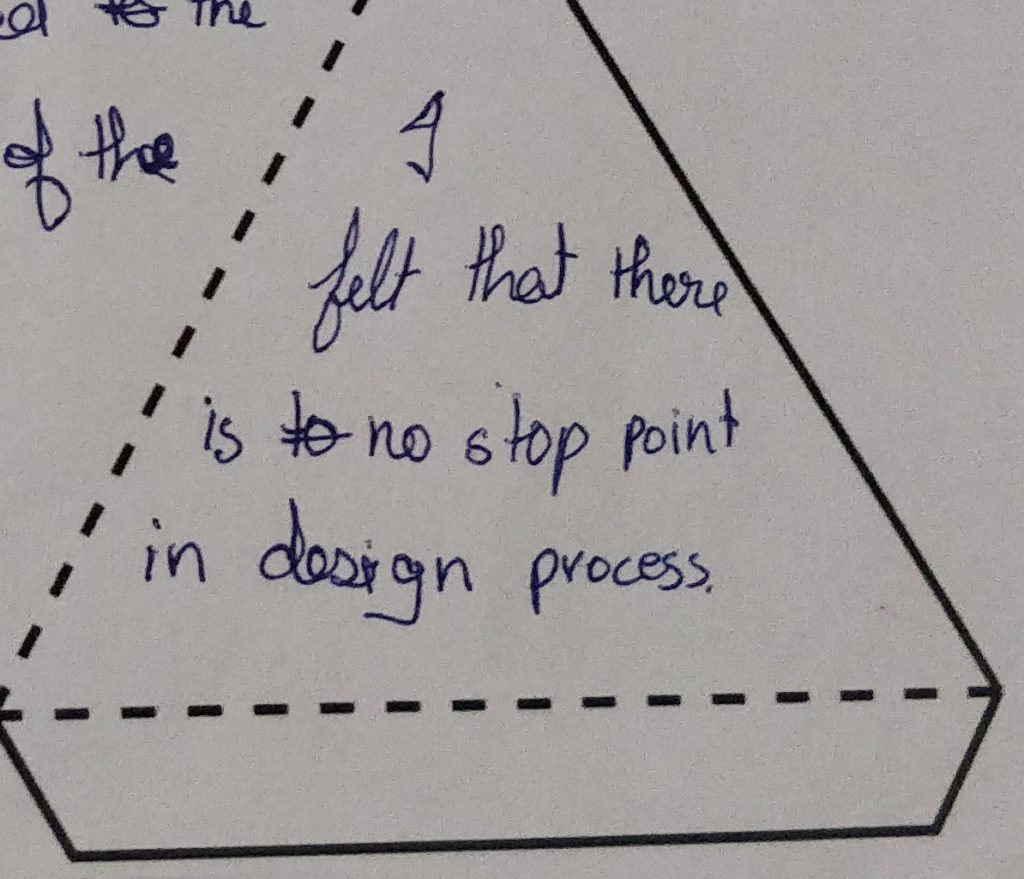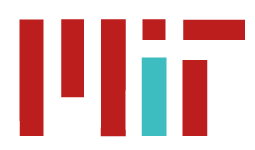
Playful India team finished piloting the implementation and contextualisation of the embedded assessment toolkit, Beyond Rubrics, in a school-based makerspace in Bangalore. Even after three months of going in circles over our thoughts and meticulously designing each and every session and activity for the learners, when we thought of wrapping up the program for the students through a showcase, I was a little anxious. What we had created through this program was a mindset and NOT a product to display, isn’t a showcase supposed to be for tangible items?

There was newness this time, we organized a showcase of thoughts, of reflections, of the spirit of teamwork, of the grit to go ahead despite multiple failures and a celebration of mutual upliftment within teams.
The learners collated the artefacts of their reflections documented over time and ruminated on the skills, mindsets, values developed, what those values meant to them when they started the program versus how their outlook changed over time while collecting those artefacts!
The beauty of mixed teams.
Despite their initial denial and skepticism, they were grouped in diverse teams with a mix of students from 7th and 9th grades (something that they couldn’t be enough thankful about, by the end of the three months), in both of the batches that we interacted with. The results were:
- Initial hesitation followed by breaking out of comfort zone and increased confidence at the end of the program.
“When I came in, I wasn’t that good in speaking, I was very shy but I have overcome that fear from the first session to this last session. “
- Seniors and juniors mixing led to the exploration and discovery of new dynamics of socialisation that the participants had not experienced before.
“Instead of making friends with our age group, we came to know a lot of new people, know what their qualities are.”
- Better ideation towards the problem at hand because of diverse backgrounds.
“Along with my own strengths, I was also able up take up the qualities of my seniors. I learnt how to have a sense of Agency by looking at them work.”
Realisation of skills they never knew they had.

“I didn’t know my classmates were so creative until we attended this program together.”
As the participants spoke about the due course of the process in the showcase, there was a strong realisation about their own learnings.
Arranging a showcase event provided the participants with a platform to put themselves out there and become vulnerable to criticism. This enabled them to reflect and think about the process and the learnings while absorbing the views of absolute strangers and present their own publicly.
Freedom of expression
Why should they freeze in one place to be able to explain things? So they ran, up and down, in and out but made sure each and every visitor at the stall was attended to.
It felt different to look at the energy in the maker space. Some teachers mentioned that the students behave differently in the class and absolutely different (better) in the maker space. They were self-driven, taking initiatives, organising their teams and keeping each other in check. What changes with the place and/ or the methods of delivery of content? A lot!
Young learners are still adapting to the societal norms, the reason why a lot of them sit absolutely quiet in a classroom even though they might be the most notorious children of the household. Giving them a place of comfort where their original self is not questioned, brings out the best in children (needless to say adults too), all the more when the nucleus of the initiative is reflections and embedded assessments.
Just-in-time reflection
Every time we talk about assessment, questions about categorising and standardising the student reflections in some sort of a measurable metric seem to be unavoidable. But contrary to the long-validated system, the self and peer-driven approach of these assessment tools made it easier for the students to gauge themselves without really asking them to do so – agency in the rawest and truest sense all the way. And we sure can’t put a number on that!
“The mix of activities in the sessions was interesting- we were playing fun games at the beginning of the class and then we were all serious towards the project at hand- I learnt how to react to times and manage my time well.”
With the success of the showcase, we realized that the regular school activities- completion of a fixed syllabus, assignment and examination- are not enough opportunities for the learners to identify themselves, their forte, their deeper behavioural attributes. There arises a need to revamp these processes with more agency in the hands of the children to design learning experiences for themselves and bring out their creative side in a regular classroom. We hope to keep sending more updates on Beyond Rubrics and look forward to times when makerspaces would not be seen as entirely different entities from a classroom.
Meanwhile, Prasanth and I are in the spirit of revelry for a little bit before we head on to our next challenge!
Rashi Nigam

